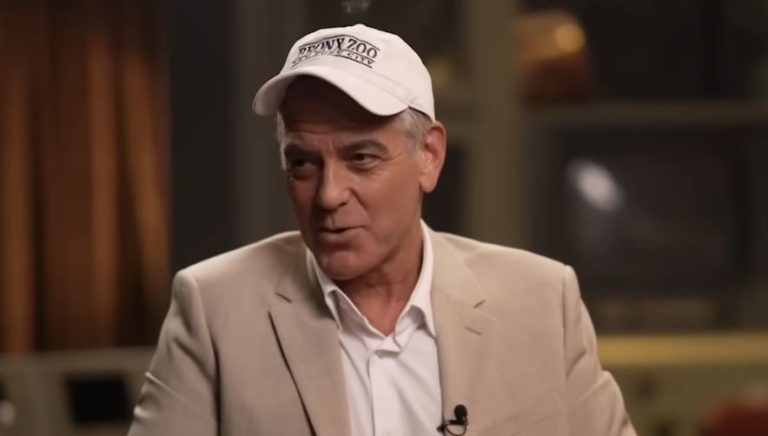George Clooney has distinguished himself as an actor and a highly strategic businessman for decades by fusing charm and business savvy. From Hollywood blockbusters to business endeavors like Casamigos Tequila, his influence crosses several sectors with remarkably steady success.
Clooney first introduced Casamigos as a private tequila for friends in collaboration with Rande Gerber. However, it quickly won praise from the public, which led to Diageo purchasing it for $1 billion. Clooney’s reputation combined with remarkably successful branding instantly elevated the label to a status symbol. His net worth increased dramatically as a result of the deal, transforming him from a Hollywood star to a powerful corporate figure.
George Clooney Bio and Financial Overview
| Attribute | Details |
|---|---|
| Full Name | George Timothy Clooney |
| Date of Birth | May 6, 1961 |
| Birthplace | Lexington, Kentucky, USA |
| Occupations | Actor, Filmmaker, Businessman, Activist |
| Active Since | 1978–present |
| Net Worth (2025 Estimate) | $500 million |
| Major Income Sources | Films, Casamigos Tequila, Endorsements, Production |
| Highest Film Salary | $35 million (Wolfs, 2024) |
| Real Estate Holdings | Italy, UK, France, USA – estimated at $100 million |
| Spouse | Amal Clooney (m. 2014) |
| Children | Ella and Alexander Clooney |
The majority of A-list actors view endorsements as a passive source of income. But Clooney made a wise choice in choosing his. In addition to generating millions of dollars a year, Nespresso’s long-term partnership complemented his public image as a sophisticated, global, and ecologically conscious individual. Through this collaboration, he promoted sustainability and demonstrated how, when guided with purpose, business transactions can transform into strikingly moral declarations.
He has also made very strategic real estate investments. His Villa Oleandra, which is tucked away on Lake Como, is still one of the most photographed celebrity residences in Europe. His estimated $100 million portfolio is incredibly resilient and diverse, especially when combined with properties in the South of France, Los Angeles, and Berkshire. Clooney protected himself from erratic real estate trends in single-country markets by diversifying his business.
He went from being a leading man to a powerhouse behind the scenes through Smokehouse Pictures, a production company. Despite not being huge box office successes, movies like Good Night, Good Luck, and The Ides of March received praise from critics and strengthened his reputation as a serious storyteller. These Clooney-produced or directed projects are a reflection of his political involvement and have been incorporated into his body of work.
He gave millions to food banks, civil rights organizations, and groups that assist entertainers during the pandemic. This charitable activity was a deeply personal dedication to the communities that influenced him, not just a show of support. Such generosity demonstrates how celebrity influence can be used for more than just attention, especially during times of crisis.
Clooney’s selection of movie roles has changed significantly in recent years. He now selects stories with social or emotional resonance rather than quantity. He received $35 million, his highest salary to date, for his role in the 2024 thriller Wolfs, costarring Brad Pitt. More significantly, though, it represented a mature development of his career by fusing thematic gravity with commercial viability.
Clooney has maintained a very private yet remarkably deliberate personal life. His union with human rights attorney Amal Alamuddin was a cultural phenomenon and a media sensation. It represented a blending of global justice and entertainment influence. His public persona was further altered by the birth of their twins in 2017—from bachelor icon to considerate husband and father.
By continuing to exercise creative control, branching out into moral business, and supporting causes that share his beliefs, George Clooney has significantly increased his public credibility and relevance. His ability to stay so adaptable—managing art, activism, and assets—demonstrates that not only can fame be experienced, but it can also be wisely managed.


